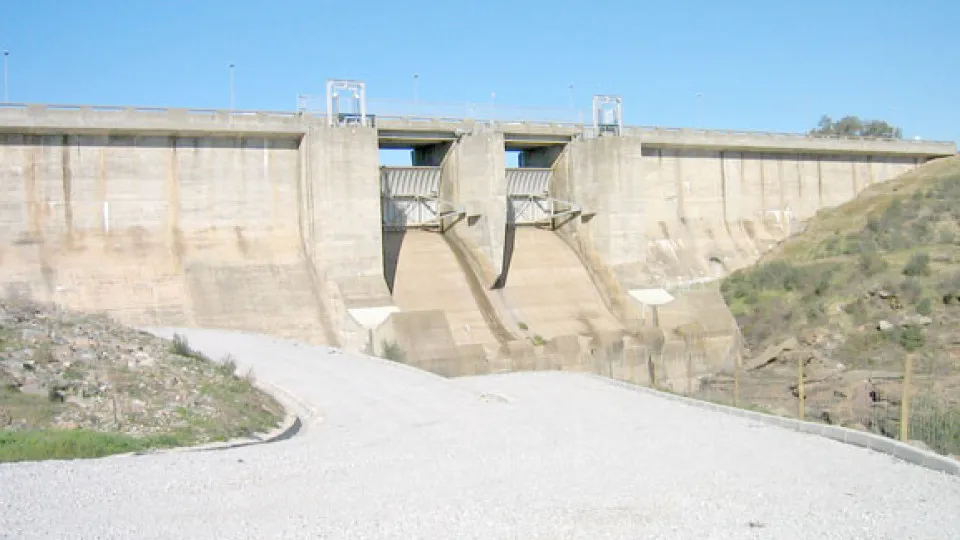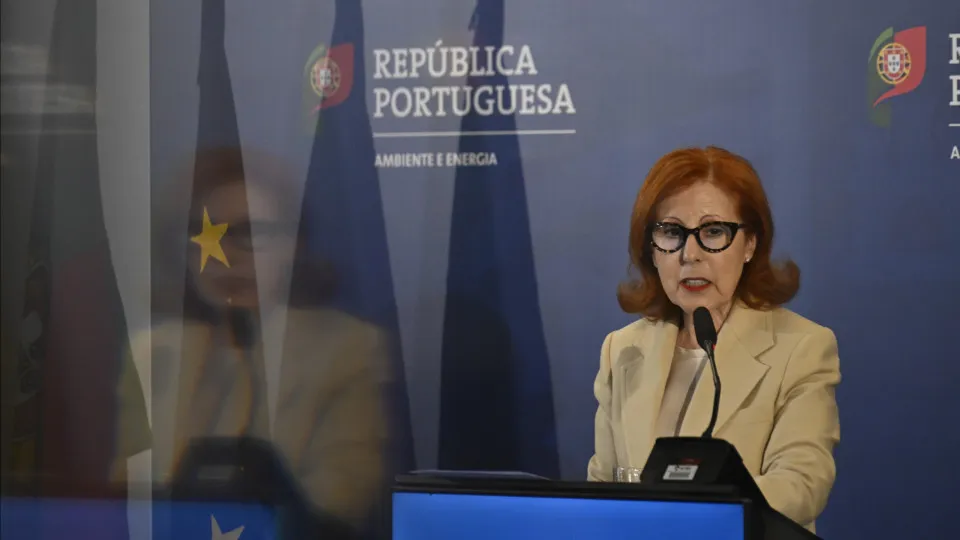
The Movimento Cultural da Terra de Miranda (MCTM) has criticized the clarity of the law on property tax (IMI) regarding power generation centers, stating it is misunderstood by the Prime Minister and Minister of Finance. Graciano Paulo of MCTM noted, “For the Supreme Administrative Court (STA), the law is clear: these centers [dams, wind, and photovoltaic parks] must pay IMI because they have buildings that generate wealth.”
MCTM’s comments come in response to two STA rulings supporting the Tax Authority’s (AT) stance that towers are a component of wind turbines and should be assessed as part of the urban industrial property for IMI purposes.
These rulings overturn earlier decisions by Viseu and Northern Central Administrative Courts that excluded turbine towers from IMI valuations, siding with wind park promoters.
MCTM argues that if the government and parties like PSD and CDS-PP pass a new law in parliament altering the IMI code, it would result in a fiscal blackout, benefiting EDP. “The existing law is clear, as the STA has clarified. These rulings challenge the government’s decision to amend the IMI law,” MCTM stated.
In a statement, MCTM emphasized that the STA rulings, along with the Public Prosecutor’s recent order for AT to collect 335.2 million euros in taxes from dam sales, affirm the obligation to pay taxes such as IMI, IMT, Stamp Duty, and IRC.
Graciano Paulo remarked, “As noted by the Public Prosecutor and now the STA, dam taxes must be paid. The final victory will occur only if the government ensures EDP pays its dues.”
The Public Prosecutor dropped fraud allegations in the sale of six EDP dams to Engie, confirming the state’s entitlement to 335.2 million euros in unpaid taxes, including Stamp Duty, IMT, and IRC, plus interest.
IMI associated with dams and wind farms has been contentious for years. During a parliamentary hearing on the 2026 State Budget, Finance Minister Joaquim Miranda Sarmento announced an upcoming law proposal addressing IMI rules for dams.
The hydroelectric station IMI issue is distinct from the transaction that saw Portugal’s energy company sell assets to Engie’s French consortium between late 2020 and early 2021.




